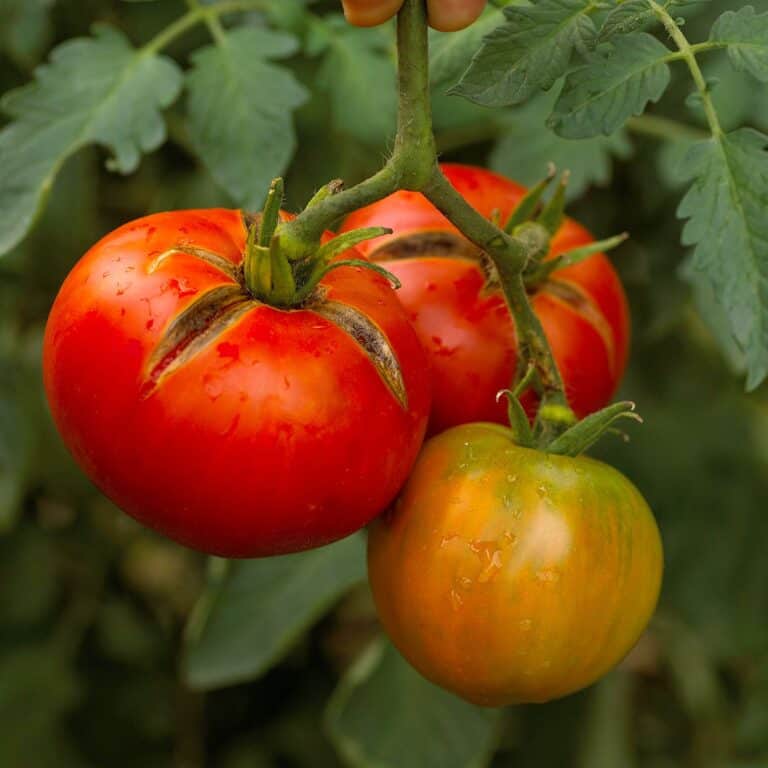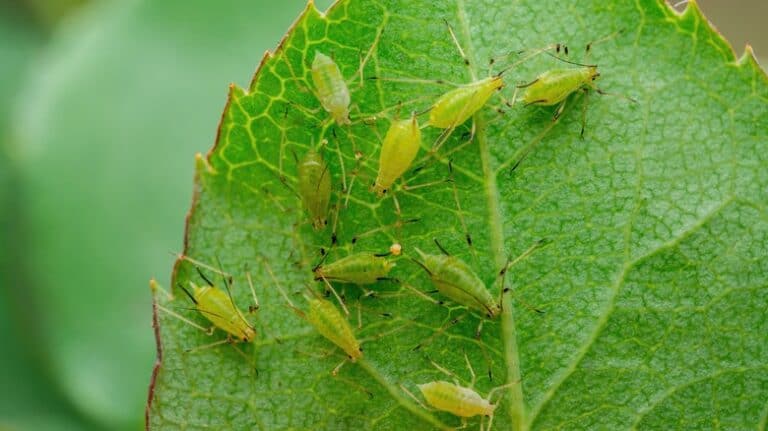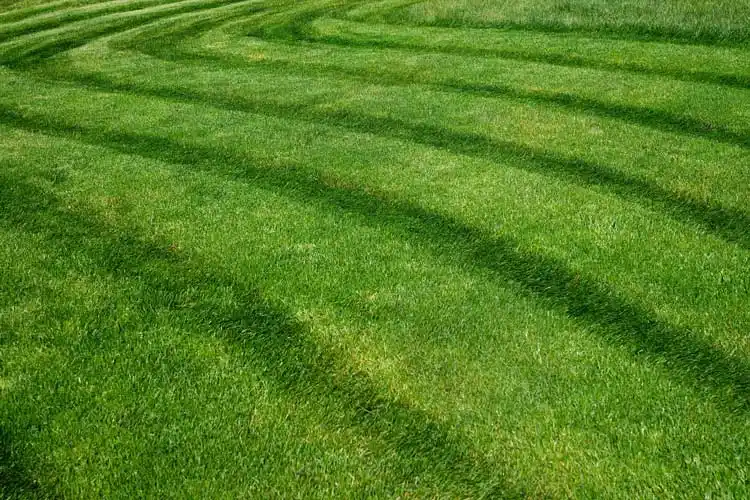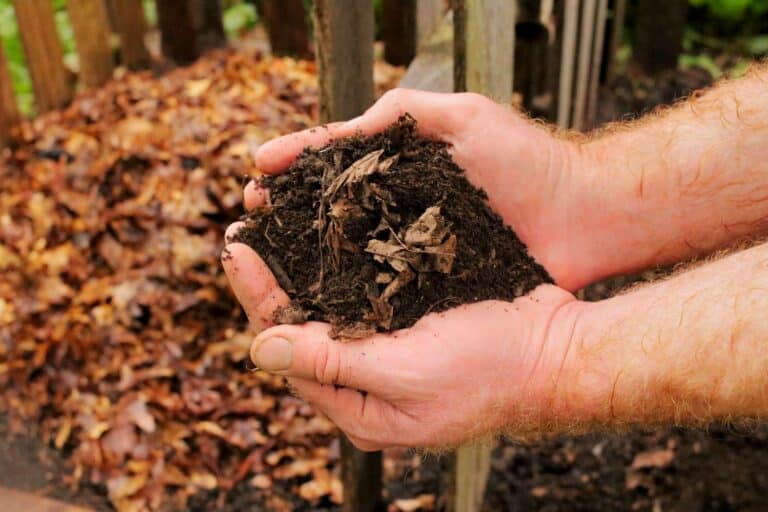Why You Should Mulch Your Garden In Late Summer: Boost Growth
Mulching your garden in late summer helps retain moisture and suppress weeds. It also prepares the soil for winter.
Late summer is an ideal time to mulch your garden. As temperatures drop, mulch helps maintain soil moisture, reducing the need for frequent watering. Mulching also suppresses weed growth, saving you time and effort. Organic mulch breaks down over time, enriching the soil with nutrients.
This improves soil health and prepares your garden for the colder months ahead. Proper mulching can protect plant roots from temperature fluctuations, promoting healthier plant growth. A well-mulched garden is more resilient and requires less maintenance, making it a smart gardening practice.
Benefits Of Late Summer Mulching
Mulching your garden in late summer offers numerous advantages. It helps maintain soil health and enhances plant growth. Let’s explore the key benefits of mulching during this period.
Enhanced Soil Moisture
Late summer mulching helps retain soil moisture. It acts as a barrier, reducing water evaporation. This ensures your plants stay hydrated even during hot days.
Mulch absorbs and holds onto water. This means less frequent watering is required. Your plants will have a consistent supply of moisture.
Temperature Regulation
Mulch keeps soil temperatures stable. It provides insulation against extreme heat. This helps protect plant roots from overheating.
During cooler nights, mulch retains warmth in the soil. This promotes healthier root growth and overall plant well-being.

Credit: m.facebook.com
Types Of Mulch
Mulching your garden in late summer offers many benefits. It helps retain moisture, suppress weeds, and enhance soil quality. There are various types of mulch you can use, categorized mainly into organic and inorganic. Choosing the right mulch can make a significant difference in your garden’s health and productivity.
Organic Mulch
Organic mulch consists of natural materials that decompose over time. This type of mulch improves soil fertility as it breaks down.
- Wood Chips: Wood chips are excellent for pathways and flower beds. They decompose slowly, adding nutrients to the soil.
- Straw: Straw is light and easy to spread. It works well for vegetable gardens and helps prevent soil erosion.
- Compost: Compost enriches the soil with essential nutrients. It’s great for flower beds and vegetable patches.
- Grass Clippings: Grass clippings are readily available and provide nitrogen to the soil. They are ideal for around trees and shrubs.
Inorganic Mulch
Inorganic mulch includes materials that do not break down. It helps in weed control and retains soil moisture without altering soil composition.
- Gravel: Gravel is durable and excellent for pathways. It provides good drainage and reduces weed growth.
- Landscape Fabric: Landscape fabric is used under other mulches. It prevents weeds while allowing water to penetrate the soil.
- Rubber Mulch: Rubber mulch is made from recycled tires. It lasts long and is great for playgrounds and decorative areas.
- Plastic Sheeting: Plastic sheeting retains moisture and prevents weeds. It is best for vegetable gardens and flower beds.
Understanding the types of mulch can help you choose the best one for your garden. Both organic and inorganic mulches offer unique benefits to enhance your garden’s health.
Preparation Before Mulching
Mulching your garden in late summer helps retain moisture and suppress weeds. Proper preparation is crucial for effective mulching. Let’s explore the necessary steps.
Weeding The Area
Before applying mulch, clear the area of weeds. Weeds compete for nutrients and water. Remove them by hand or with a hoe. Be thorough to prevent regrowth. Dispose of the weeds properly to avoid spreading seeds.
Soil Testing
Testing your soil ensures it has the right nutrients. Use a soil test kit from a garden center. Follow the instructions on the kit. The test results will guide you on what to add to your soil. This ensures your plants get the best care.
Here’s a simple table to understand soil needs:
| Soil Condition | Action Required |
|---|---|
| Low pH (Acidic) | Add lime to raise pH |
| High pH (Alkaline) | Add sulfur to lower pH |
| Low Nutrients | Add compost or fertilizer |
Once you weed and test the soil, you are ready to mulch. These steps ensure a healthy garden and better plant growth.
Applying Mulch Correctly
Mulching your garden in late summer is a smart move. It helps your plants thrive and keeps the soil healthy. But it’s important to apply mulch the right way. Follow these steps to make sure you do it correctly.
Layer Thickness
The thickness of your mulch layer matters. A layer that’s too thin won’t keep moisture in. A layer that’s too thick can harm your plants. Aim for a layer that is about 2 to 3 inches thick.
Here’s a simple table to guide you:
| Mulch Type | Ideal Thickness |
|---|---|
| Wood Chips | 3 inches |
| Straw | 2 inches |
| Compost | 2 inches |
Avoiding Plant Stems
When you apply mulch, keep it away from plant stems. Mulch piled against stems can cause rot. Leave a small gap around each plant.
- Leave a 1-inch gap around small plants.
- For larger plants, leave a 2-inch gap.
- Tree trunks need a 3-inch gap.
These gaps help air circulate and prevent moisture build-up. This keeps your plants healthy and strong. Follow these steps and your garden will thank you!
Improving Soil Health
Mulching your garden in late summer can greatly enhance soil health. Applying a layer of mulch offers numerous benefits that support plant growth and soil vitality. Let’s explore how late summer mulching improves soil health through nutrient addition and microbial activity.
Nutrient Addition
Mulch adds essential nutrients to the soil as it decomposes. Organic mulches like grass clippings, leaves, and compost are rich in nutrients.
- Grass clippings: High in nitrogen, which promotes leafy growth.
- Leaves: Contain trace elements and improve soil structure.
- Compost: Provides a balanced mix of nutrients.
These nutrients are slowly released into the soil, feeding plants over time. This slow-release mechanism ensures a steady supply of nourishment.
Microbial Activity
Mulch fosters a thriving ecosystem of beneficial microbes. These microbes break down organic matter, making nutrients available to plants.
Key benefits of increased microbial activity include:
- Improved nutrient cycling: Microbes help decompose organic material.
- Enhanced soil structure: Microbial activity helps create soil aggregates.
- Disease suppression: Beneficial microbes outcompete harmful pathogens.
A healthy microbial population leads to healthier plants and more productive gardens. Mulching in late summer supports this vital ecosystem.

Credit: www.landscapemulch.com
Water Conservation
Mulching your garden in late summer is crucial for water conservation. It helps retain moisture, reduces the need for frequent watering, and ensures your plants stay hydrated during the hot months.
Reducing Evaporation
Mulching creates a protective layer over the soil. This layer reduces evaporation by shielding the soil from direct sunlight. Less water evaporates, meaning more moisture remains in the soil for plant roots.
Using organic mulches like straw, wood chips, or compost can be particularly effective. These materials break down slowly, providing long-lasting benefits to your garden.
| Type of Mulch | Benefits |
|---|---|
| Straw | Reduces evaporation, adds nutrients |
| Wood Chips | Long-lasting, improves soil structure |
| Compost | Enriches soil, enhances water retention |
Efficient Water Use
Mulching helps in efficient water use by directing water to plant roots. When you water your garden, mulch prevents runoff and ensures the water goes where it’s needed most.
This efficient water use means your plants get the right amount of moisture. You will also save water and reduce your water bill.
- Directs water to roots
- Prevents water runoff
- Helps plants get the right moisture
Mulching in late summer is a simple yet effective way to conserve water. It keeps your garden healthy and thriving.
Weed Suppression
Mulching your garden in late summer is crucial for weed suppression. Weeds can steal nutrients from your plants. Mulch helps keep weeds under control.
Blocking Sunlight
Mulch blocks sunlight from reaching weed seeds. Without sunlight, weeds can’t grow. This makes mulch very effective.
Reducing Weed Growth
Mulch creates a barrier on the soil surface. This barrier makes it hard for weeds to sprout. It also smothers small weeds already growing.
Here is a quick comparison of mulched vs. non-mulched gardens:
| Mulched Garden | Non-Mulched Garden |
|---|---|
| Few weeds | Many weeds |
| Healthy plants | Plants compete with weeds |
Tip: Use 2-3 inches of mulch for best results. Organic mulch works well.
- Wood chips
- Straw
- Compost
Mulch is a simple tool that helps your garden thrive. It makes weed control easy and keeps your plants healthy.
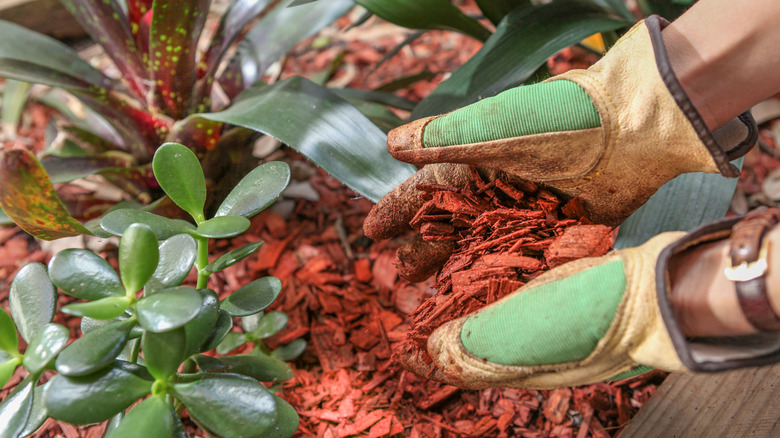
Credit: www.housedigest.com
Pest Control
Mulching your garden in late summer can be a game-changer for pest control. By doing so, you can create a healthy environment for your plants while keeping unwanted pests at bay.
Deterring Insects
Mulch acts as a natural barrier against many common garden insects. It can help reduce the presence of bugs like ants, beetles, and spiders. By covering the soil, mulch makes it harder for these insects to reach plant roots.
Organic mulches, like straw or wood chips, can also attract beneficial insects. These good bugs, like ladybugs and ground beetles, help control harmful pest populations. This creates a balanced ecosystem in your garden.
Mulch also helps to keep moisture in the soil, which makes it less attractive to insects that prefer dry conditions. By maintaining consistent soil moisture, you can deter pests like thrips and spider mites.
Protecting Roots
Mulching can protect the roots of your plants from pest damage. Mulch acts as a protective layer that can prevent insects from reaching the roots.
Healthy roots mean stronger plants, which are less likely to be damaged by pests. Mulch helps maintain the right soil temperature, which is crucial for root health. This stability helps plants grow stronger and more resilient.
In late summer, mulch can also suppress weed growth. Weeds can attract pests, so by keeping them under control, you reduce the risk of pest infestations. Mulching is an easy way to keep your garden healthy and pest-free.
Long-term Garden Health
Mulching your garden in late summer is essential for long-term garden health. Mulch helps retain moisture, suppress weeds, and improve soil quality. Late summer mulching prepares your garden for the colder months ahead.
Sustainable Practices
Using mulch is a sustainable practice that benefits your garden. Organic mulches, like straw and leaves, decompose and enrich the soil. This reduces the need for chemical fertilizers.
Mulch also helps conserve water. It reduces evaporation, ensuring plants get enough moisture. By using organic mulch, you recycle garden waste and contribute to a healthier environment.
Year-round Benefits
Mulching provides year-round benefits for your garden. In summer, it keeps the soil cool and moist. In winter, it acts as an insulator, protecting plant roots from frost.
Here are some key benefits of mulching throughout the year:
- Weed Suppression: Mulch blocks sunlight, preventing weed growth.
- Moisture Retention: Helps soil retain water, reducing the need for frequent watering.
- Soil Improvement: Organic mulch adds nutrients as it decomposes.
- Temperature Regulation: Keeps soil warm in winter and cool in summer.
Choosing the right type of mulch is important. Here is a simple table to help you decide:
| Type of Mulch | Best Use | Benefits |
|---|---|---|
| Straw | Vegetable Gardens | Decomposes quickly, adds nutrients |
| Bark | Flower Beds | Long-lasting, aesthetically pleasing |
| Leaves | All Gardens | Readily available, enriches soil |
Mulching in late summer sets the stage for a healthy garden all year round. It supports sustainable practices and offers numerous benefits, ensuring your garden thrives.
Frequently Asked Questions
Why Mulch Garden In Late Summer?
Mulching in late summer conserves moisture, suppresses weeds, and regulates soil temperature, promoting healthier plants.
What Are The Benefits Of Summer Mulching?
Summer mulching helps retain soil moisture, reduce weed growth, and maintain consistent soil temperature for optimal plant health.
Which Mulch Is Best For Summer?
Organic mulches like straw, wood chips, and compost are ideal for summer, enriching soil and retaining moisture.
Conclusion
Mulching your garden in late summer offers many benefits. It conserves moisture, suppresses weeds, and improves soil health. Your plants will thrive, and your garden will look beautiful. Start mulching now for a healthier, more vibrant garden. Happy gardening!


